The Linux community, and the technology world in general, were shocked by the news of Ian’s Murdock tragic death a couple of weeks ago – and rightfully so. Ian’s legacy and vision as the founder of the Debian project not only influenced many others who went on to start their own distributions, but also were the means to create a rock-solid operating system that many individuals and businesses of all sizes have used for more than 20 years.
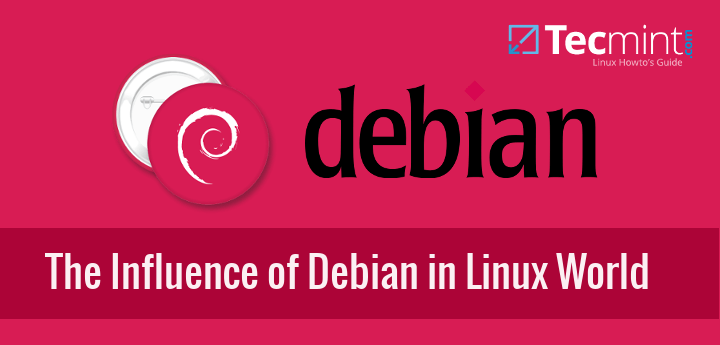
In this article we will review some of the milestones in the history and development of Debian and its influence on many robust and popular derivatives that are in use today.
#1 – Debian was the first distribution which developers and users could contribute to
People who have been using Linux for only a couple of years perhaps take community-based development for granted. Current Internet speeds and social media were not around in mid-1993 when Ian Murdock announced the creation of Debian. Even so, Ian managed to get the whole thing working. His efforts were sponsored by the Free Software Foundation during the early days of Debian.
Before that, a whole year (1994) was spent organizing the project so that other developers could contribute. By March 1995 when Debian 0.93R5 was released, each programmer started maintaining their own packages. Before long, a mailing list was also set up and the popularity of Debian, along with the contributions, skyrocketed.
RedHat vs Debian – Administrative Point of View
#2 – Debian is organized with a constitution, a social contract, and policy documents
If you think about it, leading and spreading a large project like Debian requires contributors and users to follow a set of guidelines to combine and organize efforts. That would not be possible without a set of documents used to govern how the project is led, to indicate how decisions are taken, and to outline the requirements that a piece of software must met in order to be a part of the project.
These documents are The Debian Constitution, The Social Contract, and The Debian Policy Manual. If you take a couple of minutes to read them, you will notice that the project will always remain 100% free (as per The Debian Free Software Guidelines, part of The Social Contract) with end users as the main priority.
At the same time, Debian is committed to giving back to the Free Software community by sharing bug fixes and improvements made by the project to the authors of programs included in the operating system.
#3 – Debian ensures consistency across upgrades
What a relief it is to know that you don’t have to be knocking on wood or crossing your fingers pleading for an upgrade of a running system to go smoothly. Debian is so sharpened as to allow an upgrade of a running system on the fly without having to reinstall everything from scratch. While it is true that other distributions offer the same feature (Fedora and Ubuntu to name a few examples), they don’t compare in stability to Debian.
For example, a service running in Wheezy is guaranteed to do so in Jessie after the upgrade with little or no changes.
Of course, a previous backup is always recommended in case of a hardware failure during the process, but not because of fear that the upgrade itself will mess things up.
#4 – Debian is the Linux distribution with most derivatives
As a free, rock-solid operating system, it is no surprise that Debian has been chosen by several individuals and companies as the base of their Linux distributions, often called “derivatives”. As such, they have either reused or rebuilt Debian’s native packages, along with others of their own.
At the time of this writing (mid February, 2016), Distrowatch reports 349 distributions have been created based on Debian with 127 of them still active. Among the latter there are some well-known distributions as Ubuntu, Linux Mint, Kali Linux, and elementary OS. Thus, Debian has contributed to the development and growth of the Linux desktop, and the security of servers, among other things.
10 Most Popular Linux Distributions of 2015
#5 – Support for multiple architectures
As the Linux kernel was ported from its initial supported type of machines (x86) to an ever-growing list of architectures, Debian has since then following close behind – to the point that today it can be run in a wide variety of machines (32-bit and 64-bit PCs, Sun UltraSPARC workstations, and ARM-based devices, to name a few examples).
Additionally, Debian’s system requirements allow it to be run on machines with little resources. Have an old PC gathering dust? No problem! Use it for a Debian-based Linux server (I have an Apache web server running on an Intel Celeron 566 MHz / 256 RAM computer, where it’s been running for a couple of years now).
And last but not least,
#6 – Toy Story!
After Ian Murdock was replaced by Bruce Perens as director of the Debian project, each stable release was named after a character in the Toy Story movies.
At the time, Bruce was working for Pixar, which may explain the reason of such decision. Call me a sentimental, but each time I watch the movies I think of Debian, and viceversa. Even Sid, the kid who tortured toys, has its place in Debian. Not surprisingly, the unstable version (where most development work is made as a new release is being prepared) is named after him.
Summary
In this article we have reviewed some of the reasons that make Debian a very influential distribution in the Linux community. We would love to hear your opinion about this article and other reasons why you think Debian is what it aims to be: the universal operating system (no wonder NASA migrated its computing systems in the International Space Station from Windows XP and Red Hat to Debian a few years ago! Read more about it here).
Don’t hesitate to drop us a line using the comment form below!


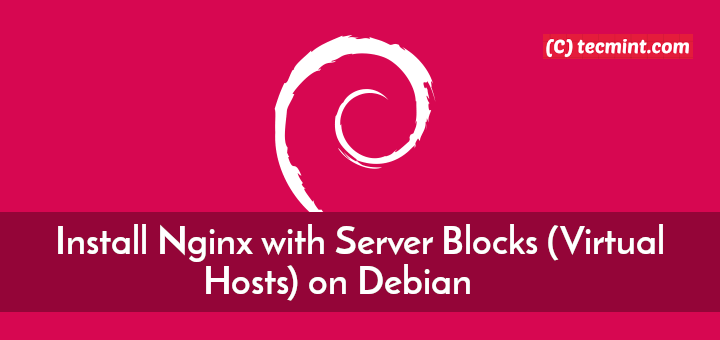
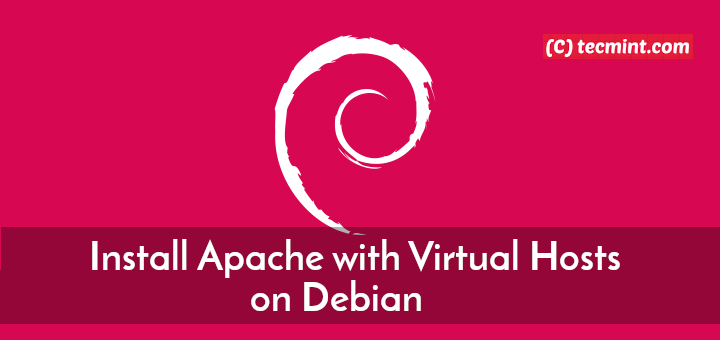
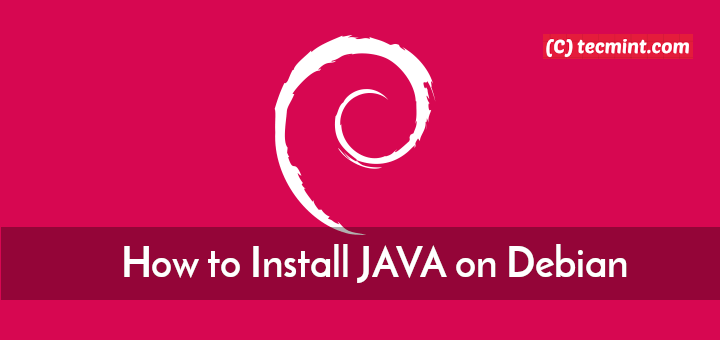
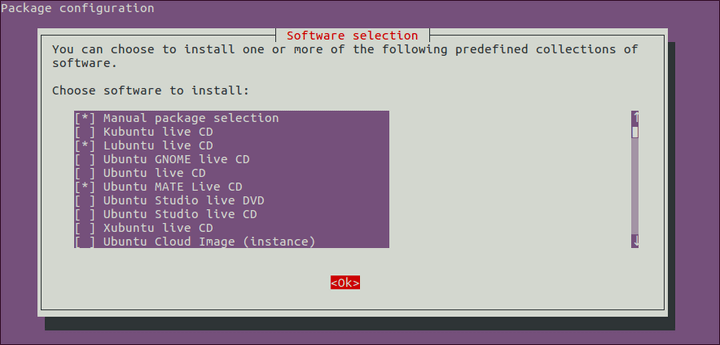
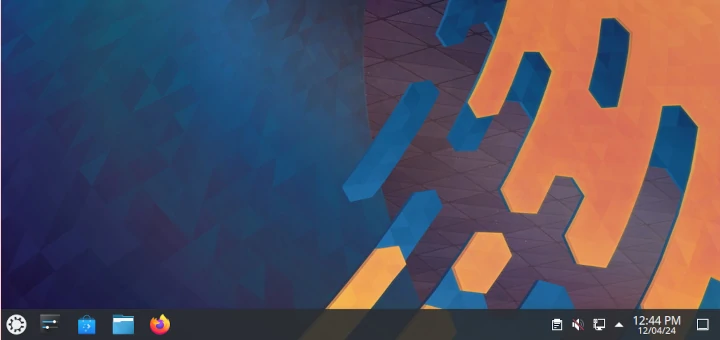
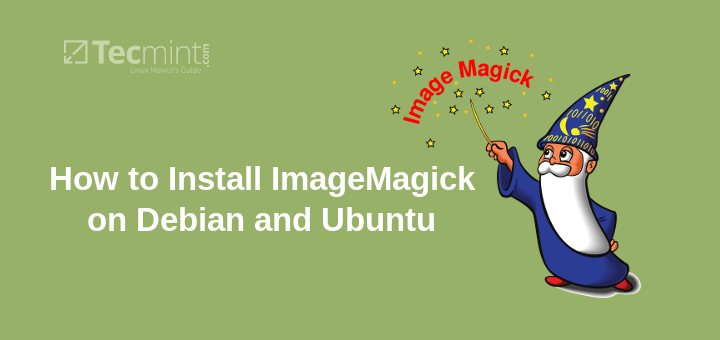
Working as a sysadmin and also drifting my own servers on my own hardware at home. I have tested many different distributions, no one is as stable, fast, secure, reliable and configurable as Debian.I don’t see any reason to use anything else but Debian serverside. Debian works fine on Desktop too (although if you absolute must have the very latest software I guess Debian is not for you, but then you don’t care about things like stability either).
“No one is as stable, fast, secure, reliable and configurable as Debian.”
Do you find Debian overall performance faster than Gentoo? More configurable than, say, Arch Linux ?
Is so, could you list some reasons that lead you to think so ?
@Phillipe,
You can’t even begin to compare Debian with Gentoo and Arch. While those are certainly two great distros, Debian 1) has been around since the very beginnings of Linux, 2) The number of available packages is without match in the Linux ecosystem, 3) Its well-tested release cycle ensures each stable version is rock-solid, 4) A beginner (as I was many years ago) can set up a Debian server without much hassle – you can’t do that with Arch. Those reasons (and I could go on and on and on) are why Canonical and other groups have chosen Debian to base their own distributions. A guess what? Those derivatives are also successful – greatly due to its rock-solid parent.